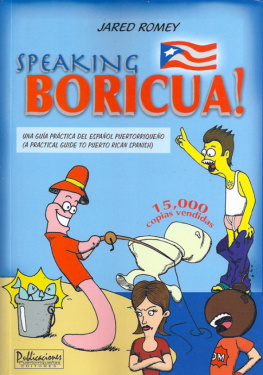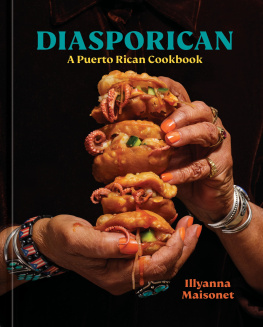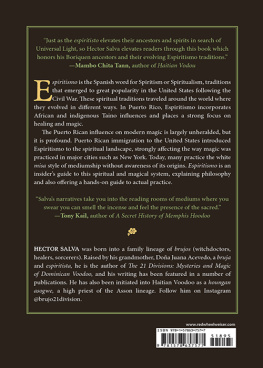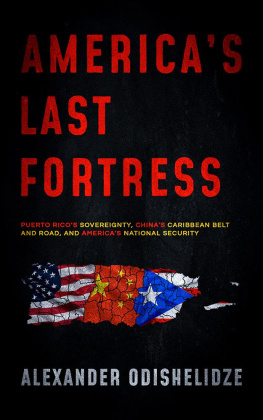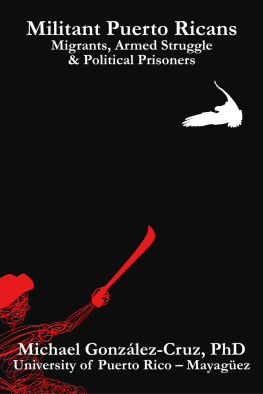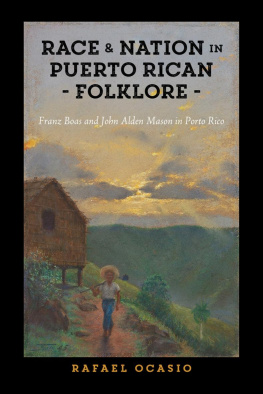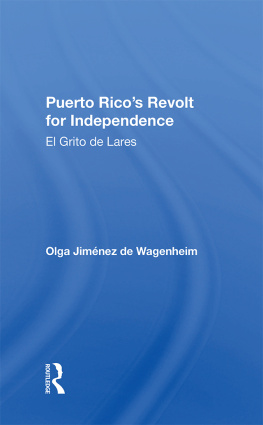
Latinidad: Transnational Cultures in the United States
This series publishes books that deepen and expand our knowledge and understanding of the various Latina/o populations in the United States in the context of their transnational relationships with cultures of the broader Americas. The focus is on the history and analysis of Latino cultural systems and practices in national and transnational spheres of influence from the nineteenth century to the present. The series is open to scholarship in political science, economics, anthropology, linguistics, history, cinema and television, literary and cultural studies, and popular culture and encourages interdisciplinary approaches, methods, and theories. The series grew out of discussions with faculty at the School of Transborder Studies at Arizona State University, where an interdisciplinary emphasis is being placed on transborder and transnational dynamics.
Matthew Garcia, Series Editor, School of Historical, Philosophical, and Religious Studies; and Director of Comparative Border Studies
Mara Acosta Cruz, Dream Nation: Puerto Rican Culture and the Fictions of Independence
Rodolfo F. Acua, In the Trenches of Academe: The Making of Chicana/o Studies
Adriana Cruz-Manjarrez, Zapotecs on the Move: Cultural, Social, and Political Processes in Transnational Perspective
Marivel T. Danielson, Homecoming Queers: Desire and Difference in Chicana Latina Cultural Production
Rudy P. Guevarra Jr., Becoming Mexipino: Multiethnic Identities and Communities in San Diego
Lisa Jarvinen, The Rise of Spanish-Language Filmmaking: Out from Hollywoods Shadow, 19291939
Regina M. Marchi, Day of the Dead in the USA: The Migration and Transformation of a Cultural Phenomenon
Desire A. Martn, Borderlands Saints: Secular Sanctity in Chicano/a and Mexican Culture
Marci R. McMahon, Domestic Negotiations: Gender, Nation, and Self-Fashioning in US Mexicana and Chicana Literature and Art
A. Gabriel Melendez, Hidden Chicano Cinema: Film Dramas in the Borderlands
Priscilla Pea Ovalle, Dance and the Hollywood Latina: Race, Sex, and Stardom
Luis F. B. Plascencia, Disenchanting Citizenship: Mexican Migrants and the Boundaries of Belonging
Cecilia M. Rivas, Salvadoran Imaginaries: Mediated Identities and Cultures of Consumption
Maya Socolovsky, Troubling Nationhood in U.S. Latina Literature: Explorations of Place and Belonging
Dream Nation
Puerto Rican Culture and the Fictions of Independence
Mara Acosta Cruz
Rutgers University Press
New Brunswick, New Jersey, and London
Library of Congress Cataloging-in-Publication Data
Acosta Cruz, Mara, 1956
Dream nation : Puerto Rican culture and the fictions of independence / Mara Acosta Cruz.
pages cm. (Latinidad: Transnational Cultures in the United States) (American
Literatures Initiative)
Includes bibliographical references and index.
ISBN 978-0-8135-6547-7 (hardcover : alk. paper)
ISBN 978-0-8135-6546-0 (pbk. : alk. paper)
ISBN 978-0-8135-6548-4 (e-book)
1. Puerto Rican literatureHistory and criticism. 2. National characteristics, Puerto Rican. 3. Puerto RicoCivilization. 4. Puerto RicoHistoryAutonomy and independence movements. I. Title.
PQ7421.A27 2014
860.997295dc23
2013021948
A British Cataloging-in-Publication record for this book is available from the British Library.
Copyright 2014 by Mara Acosta Cruz
All rights reserved
No part of this book may be reproduced or utilized in any form or by any means, electronic or mechanical, or by any information storage and retrieval system, without written permission from the publisher. Please contact Rutgers University Press, 106 Somerset Street, New Brunswick, NJ 08901. The only exception to this prohibition is fair use as defined by U.S. copyright law.
Visit our website: http://rutgerspress.rutgers.edu
Manufactured in the United States of America
A book in the American Literatures Initiative (ALI), a collaborative publishing project of NYU Press, Fordham University Press, Rutgers University Press, Temple University Press, and the University of Virginia Press. The Initiative is supported by The Andrew W. Mellon Foundation. For more information, please visit www.americanliteratures.org.
To my children, Daniel and Amanda Cesarano
Contents
On a cool night in April 2010, Crime against Humanitya play about Puerto Rican political prisonerswas staged at my home institution, Clark University. Written, performed, and produced by the National Boricua Human Rights Network (Chicago Chapter), it offered a hero-worshipping view of Puerto Ricos lucha por la independencia (struggle for independence). The plays emphasis on heroic patriots was backed up by the presence, in the Q&A that followed, of self-proclaimed political prisoners who were identified as having struggled for independence and fought colonialism.
Three of these freedom fightersa term they embraced within hours of being apprehended, if one of the websites that champions them is to be believedwere there: Ricardo Jimnez, Alicia Rodrguez, and Adolfo Matos, members of the radical pro-independence group Los Macheteros who had served time after being convicted, in 1983, of robbing a Wells Fargo office. They explicitly and earnestly cast the Puerto Rican people as unwavering in the struggle for liberty. This fictional representation, to put it kindly, flies in the face of political reality since both the majority of islanders as well as Puerto Ricans in the United States reject independence for the island.
That night a mix of students, professors (including this specialist in Puerto Rican literature), and members of the Worcester, Massachusetts, community acquiesced mutely, timidly, to that illusory (if not delusional) picture of Puerto Rico as a land that wants, yearns for, fights for freedom.
Why did no one point out in the Q&A that for more than fifty years the overwhelming majority of the island has voted against independence? Or that despite the media attention paid in the 1970s to the Young Lords Palante siempre palante! activism for national sovereignty, Puerto Ricans in the United States also mirror island preferences and favor ties to the United States over independence? Carlos Vargas-Ramos notes that 54 percent favor commonwealth; 39 percent, statehood; 4 percent, independence; and 3 percent, some other status (151). Furthermore, he writes, the longer a migrant sojourned abroad, the greater the preference for Puerto Rico becoming a state (152). But that night we let it slide and did not question the fantastical notion that la lucha lives on in Puerto Rican hearts and minds. Maybe we were being polite. Or perhaps the public was there because it felt the cultural allure of independence, the je ne sais quoi that still makes independence heroes, symbols, and stories ineffably aspirational: dreams that conjure up a Puerto Rico of the imagination, a beloved dream nation. Despite (or perhaps because of) its political ineffectiveness, independentismo has created compelling fictions in significant and widely read works of Puerto Rican literature (and other forms of culture). What the


